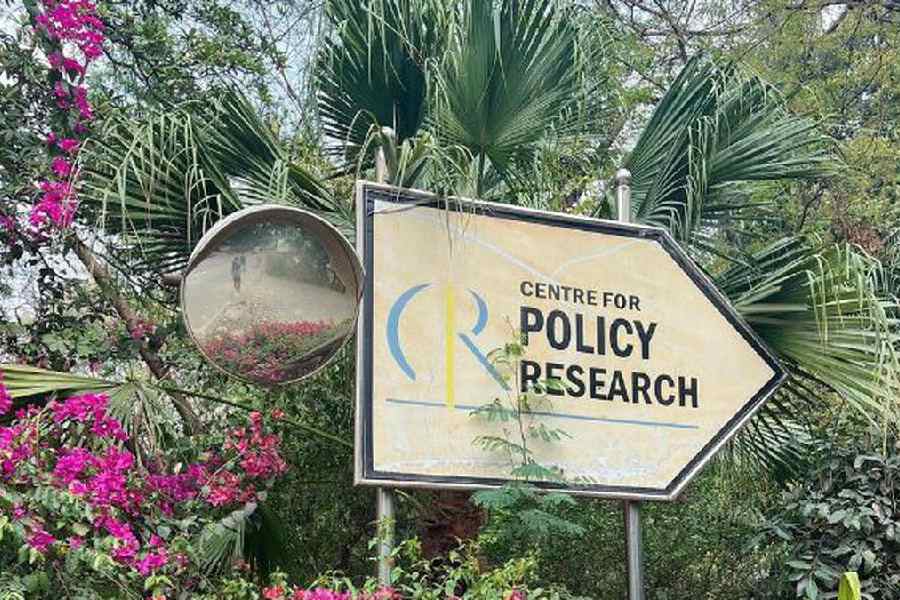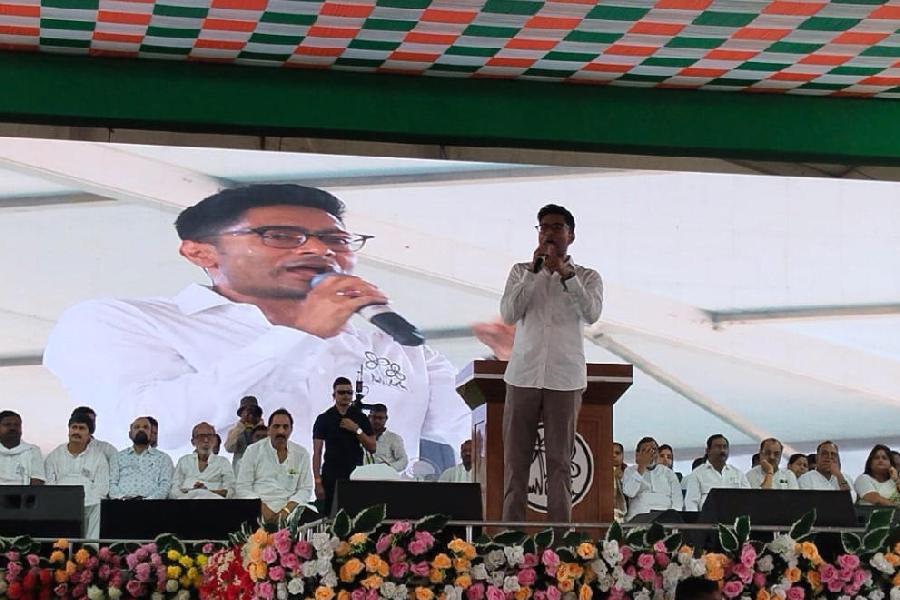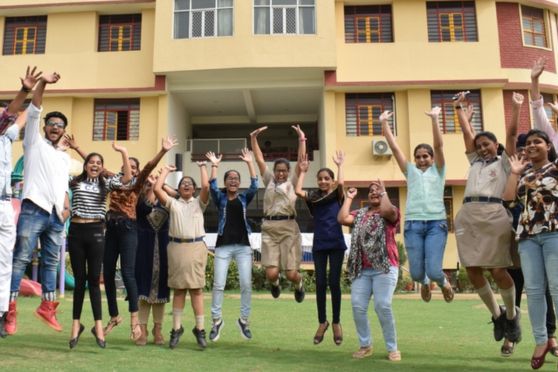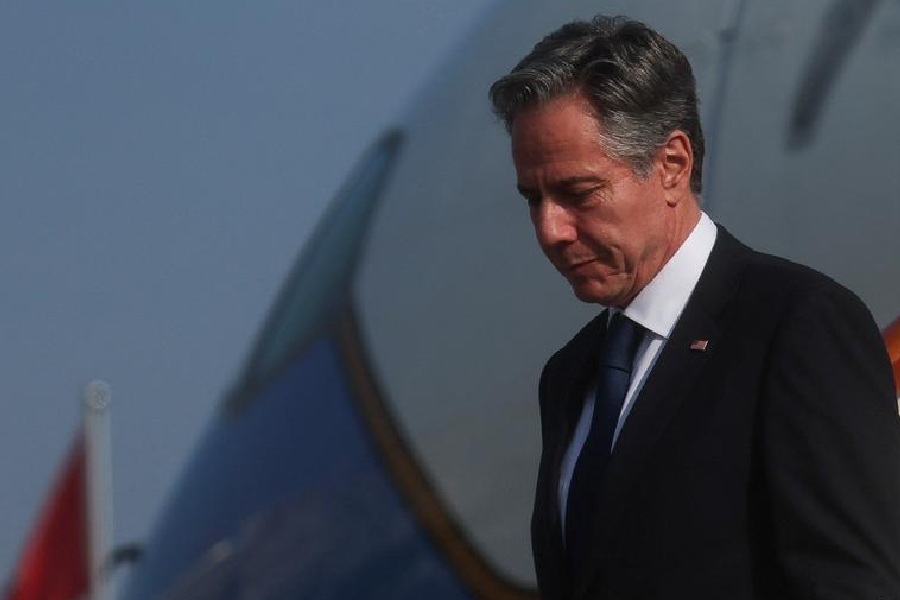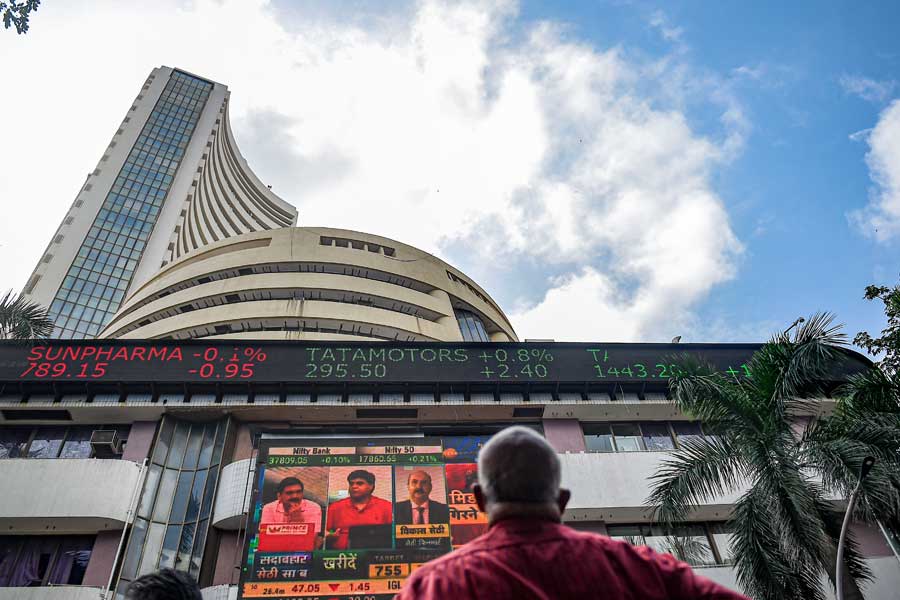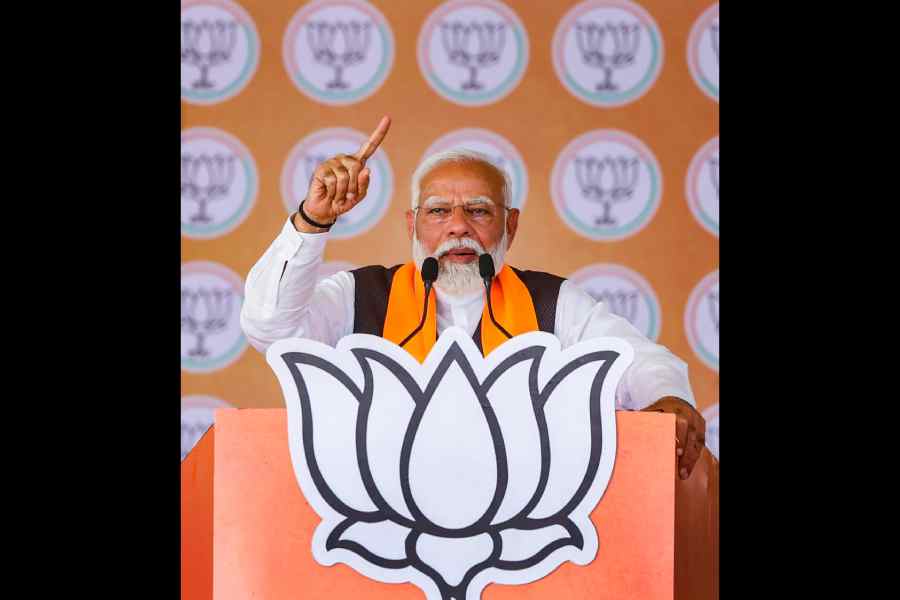The Narendra Modi government has cancelled the Foreign Contribution Regulation Act (FCRA) licence of the Centre for Policy Research (CPR) — a 50-year-old leading think tank with which some of the most prominent public figures in the country were and are associated — for alleged violation of the foreign funding law.
The CPR said in a statement on Wednesday: “On January 10, CPR received a notice from the ministry of home affairs cancelling its FCRA status. The basis of this decision is incomprehensible and disproportionate, and some of the reasons given challenge the very basis of the functioning of a research institution. This includes the publication on our website of policy reports emanating from our research being equated with current affairs programming.”
The FCRA licence is mandatory for any NGO or association to receive foreign
funds.
The Union home ministry has so far not issued a formal statement on the specific nature of the violation by the CPR that resulted in the cancellation of its FCRA licence.
In February last year, the home ministry first suspended the CPR’s FCRA licence for 180 days for alleged violations and the suspension was later extended. Before that the income tax department had conducted “surveys” on the premises of the CPR and also at the offices of the international charity organisation Oxfam India and the Independent Public Spirited Media Foundation in the capital.
“During the tenure of our suspension, we sought and obtained interim redress from the honourable Delhi High Court and will continue to seek recourse in all avenues possible. This cancellation comes after a decision to suspend the FCRA status in February 2023. These actions followed an Income Tax ‘survey’ that took place in September 2022. The actions have had a debilitating impact on the institution’s ability to function by choking all sources of funding,” the statement said.
The statement added: “This has undermined the institution’s ability to pursue its well-established objective of producing high-quality, globally recognised research on policy matters, which it has been recognised for over its 50 years’ existence. During this time the institution has been home to some of the country’s most distinguished academics, diplomats and policymakers.”
The public policy think tank added: “CPR is a 50-year-old institution that has a proud legacy of deep contributions to India’s policy-making ecosystem, and over the past five decades has been home to many distinguished faculty, researchers and members of the board. CPR firmly reiterates that it is in complete compliance with the law, and has been cooperating fully and exhaustively at every step of the process. We remain steadfast in our belief that this matter will be resolved in line with constitutional values and guarantees.”
Sources in the home ministry said the CPR was allegedly using its FCRA funds for “undesirable purposes” and not for the educational programmes for which the licence was granted. “Those undesirable purposes are likely to affect the country’s economic interest,” a ministry official said.
The CPR’s governing body is now chaired by Meenakshi Gopinath, a political scientist who taught at Jawaharlal Nehru University and was the principal of Lady Shri Ram College in Delhi. Its president and chief executive is Yamini Aiyar, and the members of the board include former foreign secretary Shyam Saran. Former members of the board include former Prime Minister Manmohan Singh and former Chief Justice of India Y.V. Chandrachud, whose son Justice D.Y. Chandrachud is the current Chief Justice of India.
The CPR was earlier headed by academic Pratap Bhanu Mehta, a vocal critic of the Modi government. The CPR’s partners and donors include reputable international and national organisations ranging from government institutions to non-profits, educational institutions and civil society.
The Bill and Melinda Gates Foundation, University of Pennsylvania, World Resources Institute and the Duke University are among the donors, officials said.
The institution is globally recognised for its academic and policy excellence. Full-time and visiting scholars at the CPR include members of the Niti Aayog, former diplomats, civil servants, members of the Indian Army, journalists and leading researchers.
The CPR has been one of India’s leading public policy think tanks since 1973. It’s a non-profit, non-partisan, independent institution dedicated to conducting research that contributes to high-quality scholarship, better policies and a more robust public discourse about the issues that impact life in India, according to the CPR’s website.
Over the past nine years, the Modi government has tightened the rules and procedures for NGOs to receive and use foreign funds. It has cancelled the FCRA licences of hundreds of NGOs on the charge of violating the law’s provisions.
The crackdown has led civil society groups to accuse the government of trying to stifle dissent.
In July last year, the Constitutional Conduct Group of retired senior civil servants had in an open letter to Union home minister Amit Shah expressed deep concern over the relentless harassment of NGOs in the country under the FCRA and urged him to take necessary steps to “cease needless harassment of organisations serving people of India, especially it’s most marginalised and disadvantaged sections”.
Sources in the home ministry said the FCRA licences of over 7,000 NGOs had been cancelled in the last four years for violation of the FCRA provisions.

